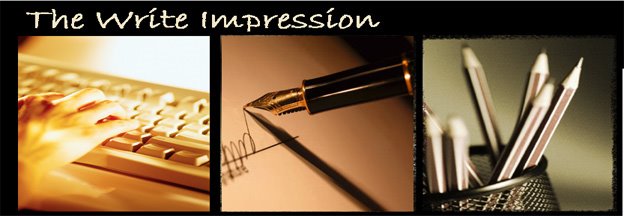technical
| 1. | belonging or pertaining to an art, science, or the like: technical skill. |
| 2. | peculiar to or characteristic of a particular art, science, profession, trade, etc.: technical details. |
| 3. | using terminology or treating subject matter in a manner peculiar to a particular field, as a writer or a book: a technical report. |
| 4. | skilled in or familiar in a practical way with a particular art, trade, etc., as a person. |
communication
| 1. | the act or process of communicating; fact of being communicated. |
| 2. | the imparting or interchange of thoughts, opinions, or information by speech, writing, or signs. |
| 3. | something imparted, interchanged, or transmitted. |
| 4. | a document or message imparting news, views, information, etc. |
-- dictionary.com
When I think of the word "technical," I think of something that requires specialized knowledge. This could be almost any discipline, from medicine to computers to the environment. Even what I do (edit social studies textbooks) requires specialized knowledge. Though I don't think of myself as a technical communicator, per se, my job seems to fit under that description.
And "communication" obviously covers a wide range of media: brochures, manuals, books, magazines, press releases, newspapers, websites, blogs, speeches and presentations, and even textbooks.
So I suppose my best stab at a definition would be:
Technical communication is the act of imparting specialized information to a given audience through a wide array of media.
Can I get any more vague?





